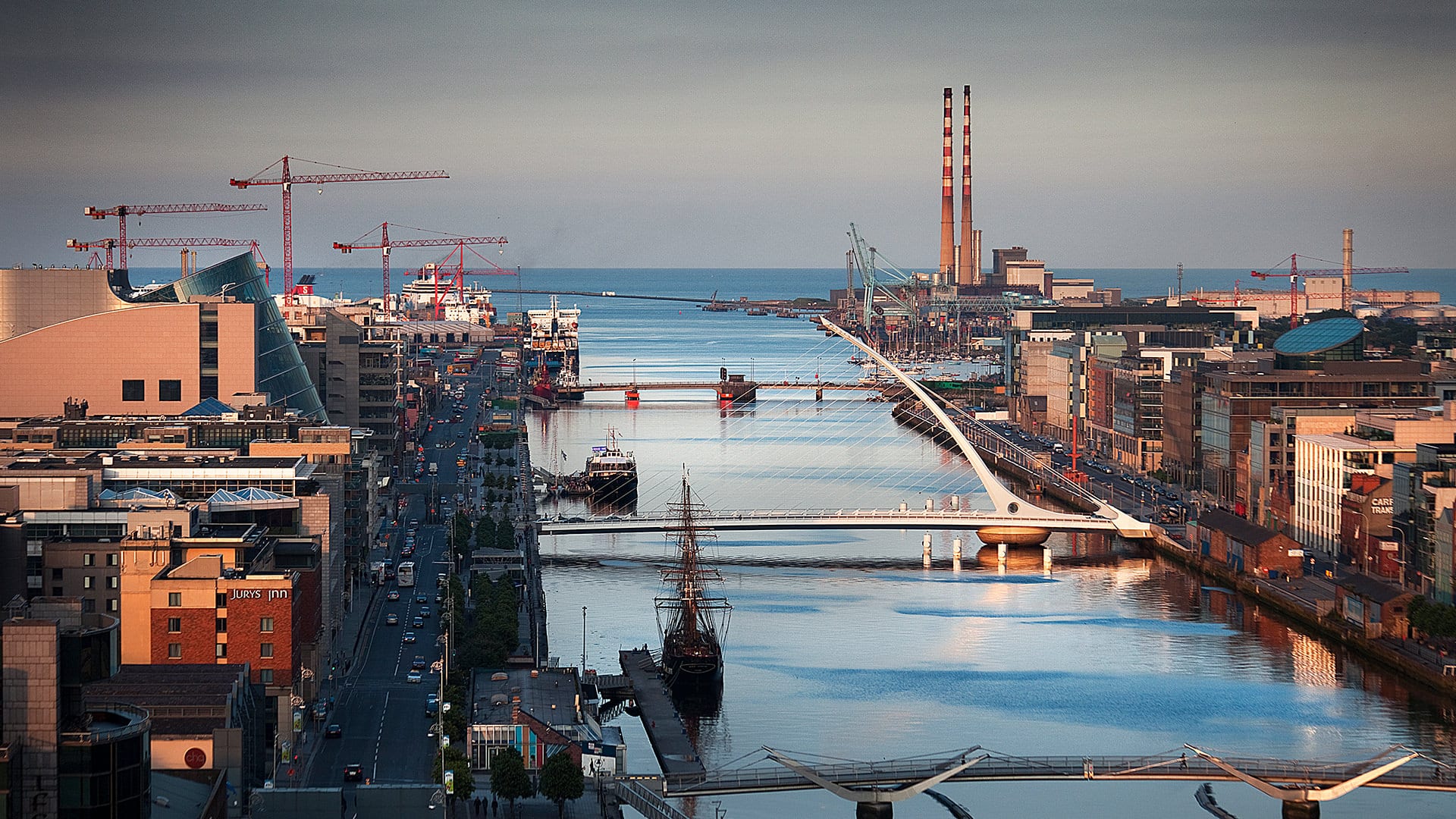
The impact of COVID-19 on the Irish economy continues to be very well documented and discussed. For the construction industry, the COVID-19 pandemic has been particularly disruptive; amongst the many forecasts and predictions, it’s estimated that construction output globally will fall by 3.2% in 2020 and will not recover until early 2022.
During an unprecedented crisis like the COVID-19 pandemic; paying wages, protecting the most vulnerable people in our society and keeping businesses operating are important priorities in the short to medium term. However, these measures alone will not bring longer lasting results. History has shown that during times of crisis and uncertainty infrastructure spending can help boost local economies.
The Construction Industry Federation of Ireland have set out clear and practical guidance to support construction companies return to work and integrate social distancing into their operations in line with the Irish Government’s National Protocol. The Construction Industry Federation praised the collaborative approach between industry, union and Government as a significant step forward and something that must continue to protect workers and the public.
Autodesk Construction Solutions recently launched "Connected procurement: The foundation of construction success" a report which includes research conducted among 375 construction owners, main contractors and subcontractors in the UK and Ireland. The research found that 53% of main contractors and 43% of subcontractors have experienced delayed starts to projects in the past six months due to COVID-19.
These delays mainly come as a result of temporary site closures, shortages of staff and disruptions to the supply of goods and materials that have occurred as a result of the pandemic. Yet, despite these lags, a quarter (26%) of subcontractors say that their business has faced increased pressure to complete projects on time.
It’s no doubt that governments around the world recognise the important role infrastructure spending plays in creating fairer and more prosperous economies but how can this be embraced to support the recovery from COVID-19 in Ireland? Project Ireland 2040 is the government’s long-term overarching strategy to make Ireland a better country for all of its people. It changes how investment is made in public infrastructure in Ireland, emphasising the need for a well-thought-out and defined national infrastructure strategy.
But how will this really benefit the communities of Ireland? By carefully prioritising and focusing infrastructure investment in Ireland, the government can not only stimulate economic growth but help to create a fairer, more resilient and sustainable economy. Building vital infrastructure needed for communities to thrive – such as hospitals and schools and supporting the effort to tap into more sustainable sources of renewable energy, will create jobs and deliver assets that will fuel long-term economic growth.
According to a 2014 study by the International Monetary Fund, an unanticipated increase in capital spending of 1.0% of GDP leads to a 0.4% uplift in output that same year, and a 1.5% rise four years later. Indeed, after the global financial crisis of 2008, countries like the UK and Denmark created large scale plans to invest in infrastructure programmes.
Investing in enhancements to Ireland’s rail networks to move goods and skilled workers across the country will help to level up the divide that exists between the capital city Dublin and the rest of the country. It will also help to attract more private investment in the long term. As well as this, spending on education facilities to provide a skilled workforce of the future and investing in better digital networks across Ireland will all help to enable sustainable economic activity by ensuring our future generations do not suffer as a result of the pandemic.
Improving Ireland’s infrastructure will help the economy rebuild from this pandemic by creating a more sustainable, attractive and accessible country ready to bounce back from the effects of the COVID-19 pandemic and looming financial recession. However, the government and the construction industry could also use this as an opportunity to assess whether they could do things differently – by focusing on tackling some of the challenges that existed before the pandemic hit like meeting our net zero targets or boosting productivity.
Being more innovative and improving collaboration across the sector will be key to delivering vital infrastructure needed to boost economic growth. Industry and the government working more collaboratively to exchange ideas, offer advice and aid the national effort is a good starting point. Improving connectivity both digitally and physically will also be key in exploring how technology, collaboration and innovation can kick-start productivity in Ireland.
However, as the pandemic has transformed the way we work and live globally, it is important the Irish government and the construction industry are ready to respond. Utilising new modern methods of construction, focusing on developing brownfield land for redevelopment as well as embracing digital tools to improve output, safety and sustainability must also be considered too.

May we collect and use your data?
Learn more about the Third Party Services we use and our Privacy Statement.May we collect and use your data to tailor your experience?
Explore the benefits of a customized experience by managing your privacy settings for this site or visit our Privacy Statement to learn more about your options.